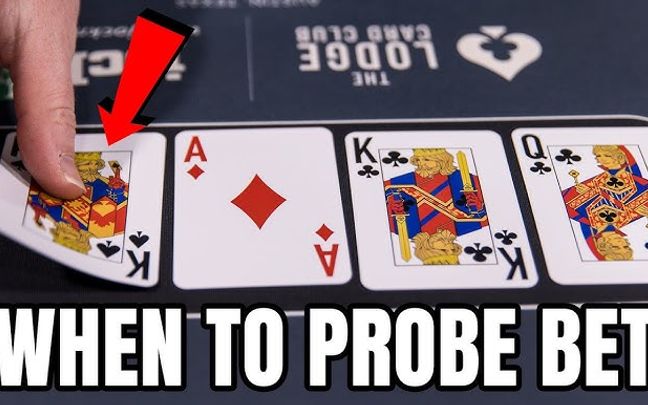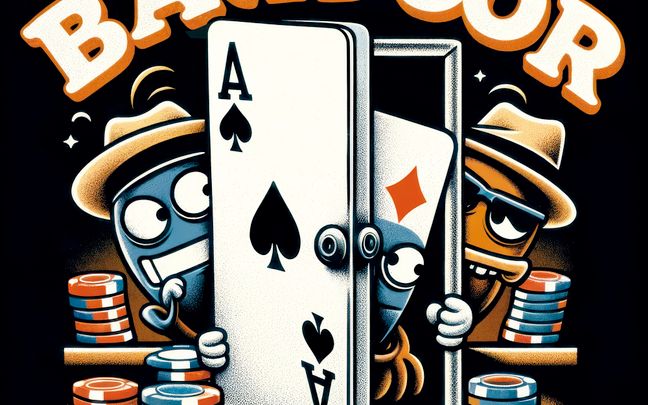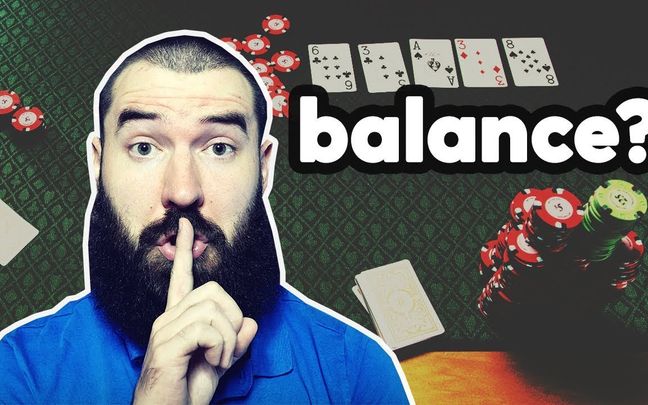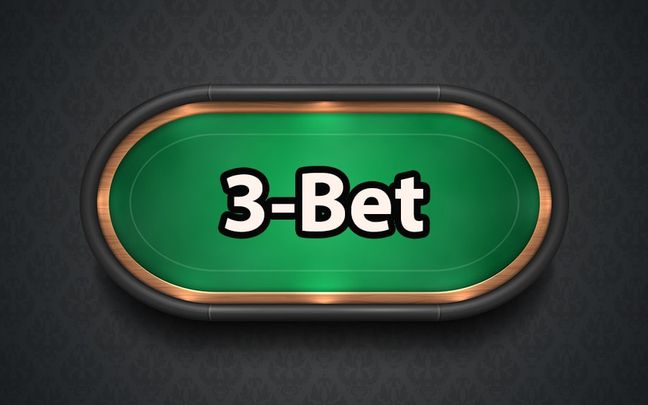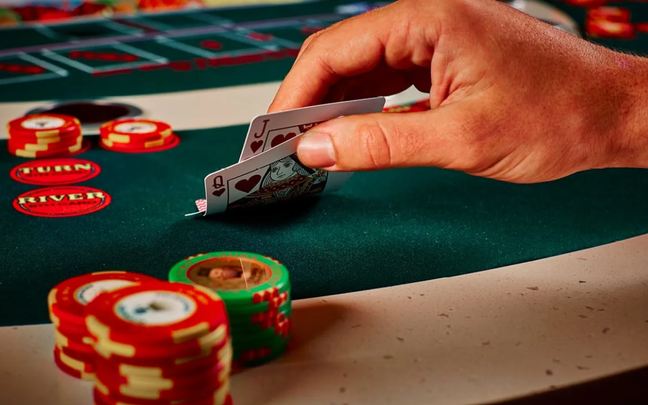This article will help you explore in detail the concept of "what bankroll is" and the secrets to proper bankroll management that will help you advance further in your poker career.

Bankroll management helps protect your capital.
Definition: What is a Bankroll?
If you’re wondering, "what is a bankroll?", it’s simply the total amount of money a poker player sets aside specifically for playing poker games. This is not your entire savings but rather the money you’re willing to risk in poker games.
Proper bankroll management is extremely important for any poker player, whether amateur or professional. It helps you avoid losing control of your finances, especially when facing a prolonged losing streak.
Bankroll management protects your assets while ensuring you can continue playing poker without experiencing significant financial stress. An effective bankroll management strategy also involves determining the appropriate stakes relative to your bankroll, helping you maintain long-term play and optimize your chances of winning.

Effective bankroll management helps control risks in each hand.
Effective Bankroll Management Strategy in Poker
After understanding the concept of "what a bankroll is", the next step is mastering the bankroll management strategy.
An effective bankroll management strategy is essential to becoming a successful poker player as it helps you protect your capital, avoid the risk of going broke, and maintain your ability to play over the long term. Below are specific principles and strategies for effective bankroll management.
Determine Your Initial Capital
First, you need to determine the amount of money you’re willing to use as your bankroll. This is the amount you can afford to lose without affecting your daily life. Setting this amount should be based on your personal financial situation, avoiding the use of borrowed money or funds needed for living expenses.
Divide Your Bankroll
An effective strategy is to never put too much money into a single game or session. Professional players often recommend using only 1-5% of your total bankroll for each buy-in during a cash game or tournament. This helps you avoid losing your entire bankroll after just a few losing games.
Choose Appropriate Stakes
Choosing the appropriate stakes for your bankroll is crucial. If you play at stakes that are too high relative to your financial capacity, you could quickly go broke when facing a losing streak. Choose tables with moderate stakes where you still feel comfortable and confident when participating.
Adjust Your Stakes as Necessary
When your bankroll increases or decreases, you need to adjust your stakes accordingly. If you’re winning and your bankroll is growing, you can try playing at higher stakes. Conversely, if you’re losing, lower your stakes to preserve your bankroll and extend your playing time.
Set Goals and Loss Limits
Before each session, set a win target and a loss limit. For example, you might decide to stop playing when you’ve earned a 20% profit on your bankroll or when you’ve lost 10%. This helps you maintain discipline and avoid being driven by emotions, which can lead to poor decision-making.
Control Your Emotions
Poker is not just a game of skill but also a game of psychology. The ability to control your emotions is an important part of bankroll management. When you’re on a losing streak, feelings of frustration or the desire to recover losses can lead to irrational decisions, such as betting more than usual or playing at stakes that are too high. Always keep a cool head and stick to your bankroll management strategy.
Tracking and Evaluating
Record every hand, every tournament you participate in, including the amount of money won or lost. This helps you gain an overview of the effectiveness of your bankroll management strategy, allowing you to make necessary adjustments. Tracking also helps you identify trends in your gameplay, leading to improvements in your skills and strategies.
Don't Be Afraid to Lower Your Stakes
Many players find it difficult to lower their stakes when their bankroll decreases. However, this is necessary to preserve your capital and avoid going broke. Playing at lower stakes can help you regain confidence and stabilize your bankroll.
Gradual Accumulation
Poker is not a get-rich-quick game but a long-term endeavor. Be patient and focus on gradually accumulating your bankroll. Every small win contributes to building a larger bankroll, giving you more opportunities to take on higher stakes in the future.
Utilize Management Tools
Nowadays, there are many tools and apps that help you manage your bankroll effectively. These tools can help you track your play history, analyze your gameplay, and provide advice on bankroll management. Use them to support you in maintaining and growing your bankroll.

Bankroll management prevents you from being driven by emotions.
Effective bankroll management is not just about keeping money in your account but also about making wise decisions, controlling your emotions, and maintaining discipline throughout the playing process. By always remembering the concept of "what a bankroll is" and adhering to bankroll management principles, you will always have the chance to return to the table even after experiencing unlucky losing streaks, thereby maximizing your chances of success in poker.


